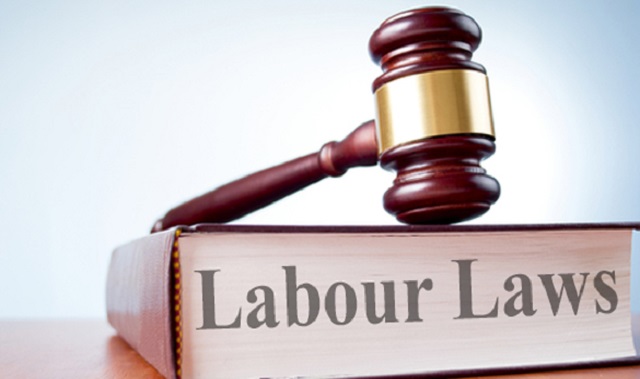LABOUR LAW ABUSE EXPOSED: Retrenchees can attach company property, experts reveal

Fidelis Munyoro, Harare Bureau
LABOUR law experts say it is not all doom and gloom for workers in the wake of the Supreme Court ruling giving employers the right to fire workers on three month notice.
In circumstances where companies fail to honour obligations such as retrenchment packages, salary arrears and pensions among others, the labour experts said, workers immediately become creditors and they were empowered by the law to apply for sequestration of the company.
Sequestration is the taking of someone’s property, voluntarily (by deposit) or involuntarily (by seizure), by court agents or into the possession of a third party, awaiting the outcome of a trial in which ownership of that property is at issue.
Labour law expert Mr Caleb Mucheche, said the new law was being abused, especially the retrenchment provision under Section 12 (C) of the Labour (Amendment) Act.
“It takes away the procedural barriers to retrenchment, which previously made retrenchment very cumbersome in terms of steps the employer had to go through and in terms of retrenchment packages,” said Mr Mucheche.
“The legal implication is that the employer’s right to retrench and compensation application is now a statutory position, hence serious abuse by employers.”
Mr Mucheche said to avoid abuse of the law there was a need for urgent amendment of the Labour Act to strike a balance between the competing interests of the workers and employers.
“The law should provide for job security, which is a crucial issue for companies to be productive,” he said.
“The absence of job security is counter-productive as it is demotivating to workers and the country is faced with loss of skilled labour force.”
Another labour law expert Mr Tendai Toto, said the company management should be held accountable for wrongful and reckless conduct of poor corporate management that plunge corporate entities into illiquid status.
“Corporate law recognised civil liability claims by creditors (workers included) against company management and directors for damages arising from complicit acts of commission and omission, fraudulent and negligent business trading practices that lead to actual and potential loss of employment by the workforce and losses to creditors,” he said.
“While the burden of proof is onerous in claims of this nature, it will take one determined and astutest creditor and shareholders to clean up the mess by taking corporate management to account,” he said.
He said management often refrained from taking responsibility and accountability on many corporate downturns.
“Retrenchments, layoffs and salary cuts for middle and junior workers are sacrificial excuses employed by management as cover up of their own complicit, incompetence and intentionally wrong investment priorities and the lack of vision and due diligence,” said Mr Toto.
“Employers through the uninformed myopic and selfish thinking by senior management and company executives believe that workers are shelf tools of trade that are disposable without due regard and recognition to the importance of a motivated human capital to productivity and profitability.”
With the prevailing harsh economic climate workers bear the agony of poor corporate governance by top managers. Top management at some companies have conducted job evaluation without the involvement of employees and went on to downgrade some employees, affecting their salaries and taking away a host of allowances that they had been enjoying.
The July 17, 2015 Supreme Court judgment, which allowed employers to terminate employment contracts on three-month notice, has provided a perfect sanctuary for uninformed top managers to hide their shortcomings.
They are content with a mindset that when things seem to be going in the negative, the obvious and common “witch is the workforce” who all of a sudden become a liability to the firm.











Comments